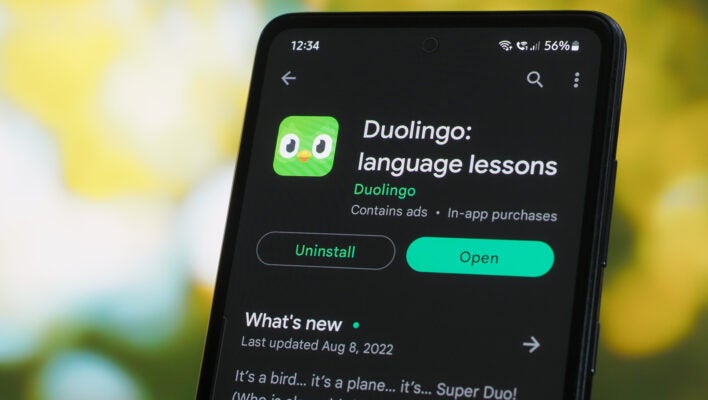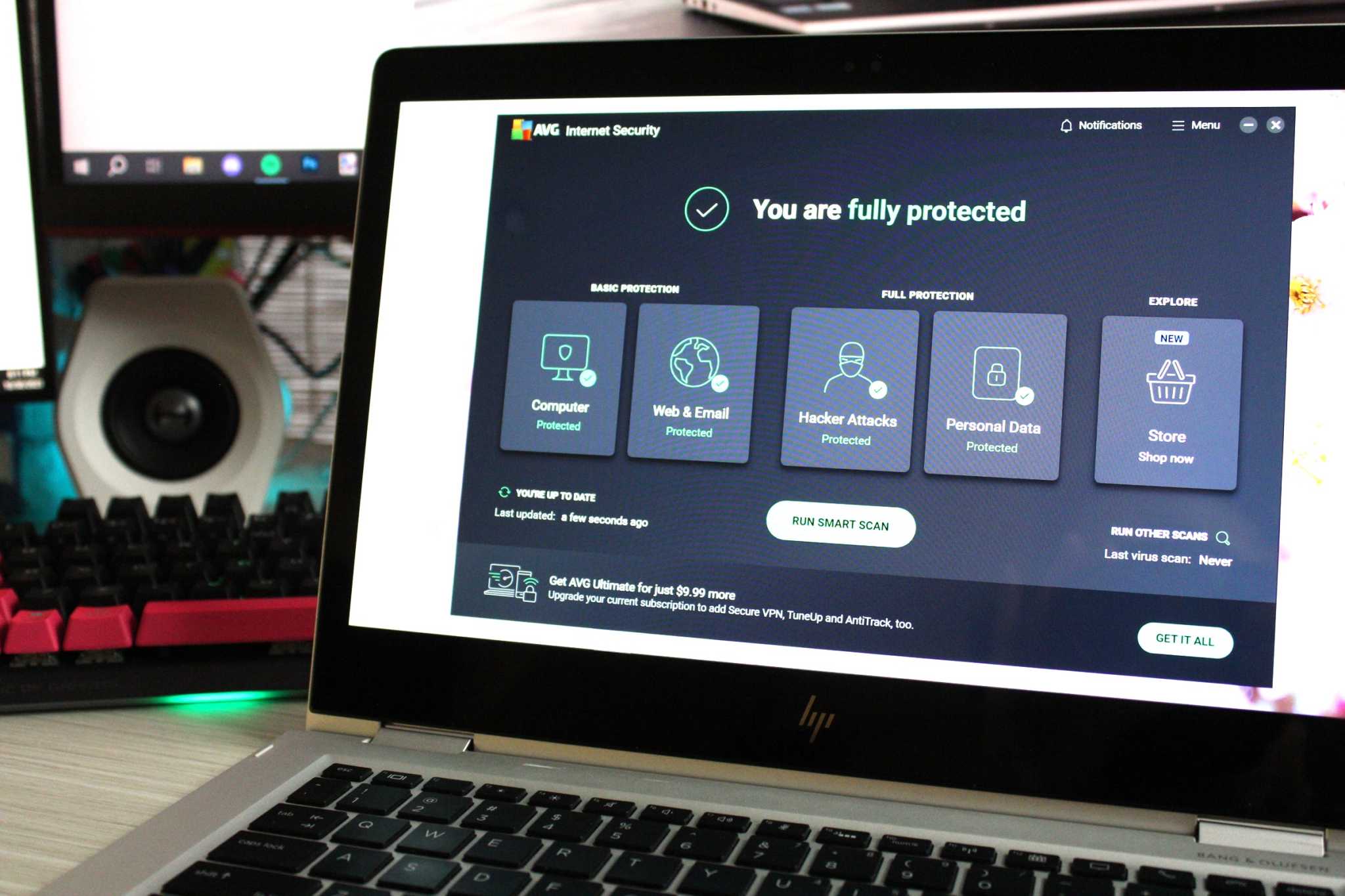Duolingo has pivoted to AI to translate content, sparking backlash among employees and users online.
Popular language learning app Duolingo is the latest tech company making layoffs, offboarding 10% of its contractors as the company begins phasing out human-led translation in favor of AI.
The news was broken in a viral Reddit post from an ex-employee, which explained that remaining translators will be tasked with overseeing the AI-led translations to make sure they’re acceptable.
Duolingo claims that the majority of its workforce has been retained and that no official “layoffs” took place, but the Pittsburgh-based company still facing backlash on social media as anxieties around AIs replacing jobs reach a fever pitch.
Duolingo Embraces Generative AI at Expense of Human Jobs
Like most companies in 2024, international language learning app Duolingo has recently ramped up its investment in generative AI tools like ChatGPT and is now using such technology to produce content at a much faster rate than it was able to do previously.
However, this pivot has come at the cost of job security within the company, with the language app recently offboarding 10% of contractors working on translations, according to a statement released by a Duolingo spokesperson yesterday.
“We just no longer need as many people to do the type of work some of these contractors were doing. Part of that could be attributed to AI,” – a Duolingo spokesperson
The company attests that these changes were only partly spurred on by their recent prioritization of AI, and that no translators were actively laid off. Instead, Duolingo waited until temporary workers reached the end of their contract at the end of 2023, and then decided not to renew their projects.
However, even without Duolingo directly laying off staffers, it’s clear the company is gradually switching out human labor with AI – much to the disdain of many of its employees and customers.
Duolingo’s Decision Sparks Online Backlash
The news about Duolingo’s personnel changes first came to light in a viral post by Reddit user No_Comb_4582 – an ex-company contractor.
The translator worked at Duolingo for five years before his contract ended, in a team of four that shrunk to a team of two after the strategy shift, he explained in the post. The remaining workers now just review content generated by AI, to make sure it’s acceptable.
The Reddit post – which currently features 583 comments – asks netizens how they feel about Duolingo’s new AI-led strategy, sparking a lot of strong opinions around the company’s deprioritization of human translators.
The majority of commenters expressed contempt for Duolingo’s actions, with many expressing sympathies for the laid-off contractors, and others claiming the pivot goes directly against the company’s sale pitch of using native speakers.
Other users, like @EqualataralProphecy, explained that this move is part of a broader trend toward displacing workers in favor of faster, cheaper AI alternatives. “We are going to see this story almost daily. It’s going to make things that much tougher on people trying to build their careers,” the user commented.
Is the AI Job Takeover Looming?
While Duolingo’s latest actions may be unpopular, they haven’t happened in isolation.
As rising inflation rates continue to put pressure on company finances, and AI tools get more capable each day, a swath of companies are embracing the technology to the detriment of their human workers.
For example, tech company Accenture recently announced it would be investing $3 billion in AI technology, after laying off 19,000 workers in early 2023. This mirrors similar decisions made by IMB, as the company continues to phase out “repetitive white-collar roles” in lieu of AI.
In more cases than not, AI is considered to be a job augmentor rather than an outright threat. However, with research findings that the rapidly advancing technology could replace 2.4 million US jobs by 2023, it’s no surprise that Duolingo’s latest actions have sparked anxieties among its employees and wider pockets of the internet.
At the same time, there could be some benefits to AI’s seemingly unstoppable rise, as our homegrown Impact of Technology in the Workplace report reveals a clear link between companies using artificial intelligence and being open to the idea of a 4-day workweek.




